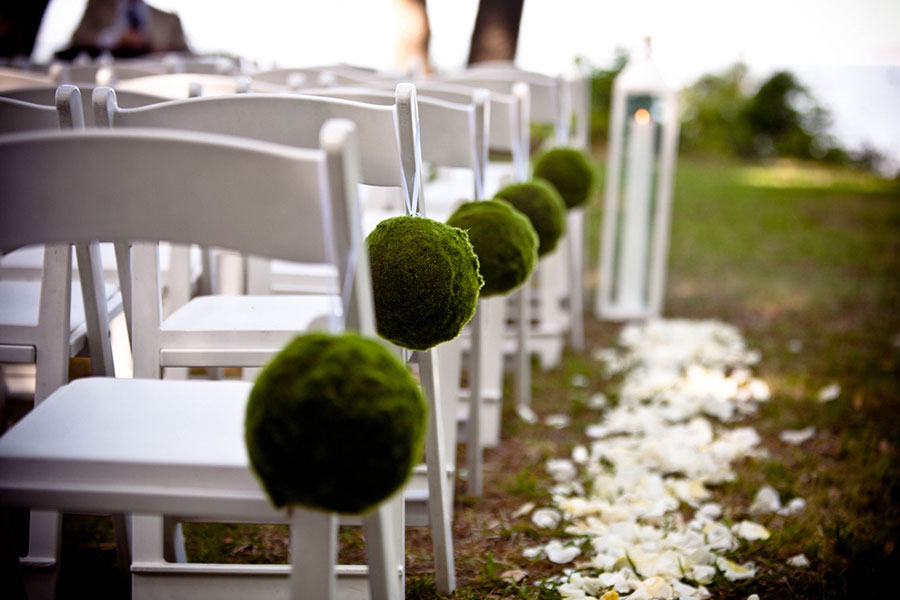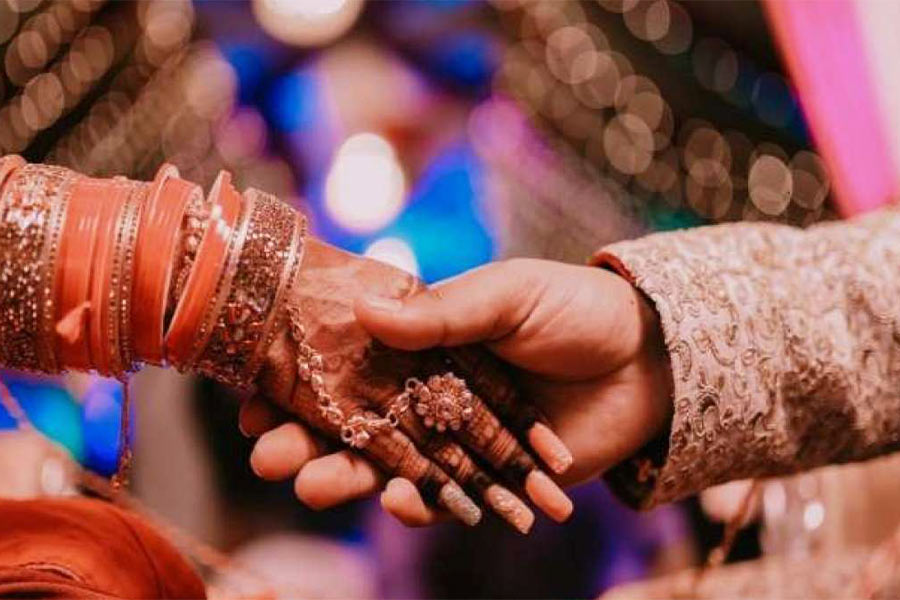The music from the sangeet the previous night still blared in her ears. The pungent smell of hashish (in the form of carefully rolled joints), which had been discreetly passed around by some of the waiters, was fresh in her mind, too.
“Was this even legal?” she remembered thinking, staunch drug-hater that she was. On second thoughts, did it even matter? Everyone seemed to be having a great time.
For Rhea Billimoria, this wedding was an ostentatious show of wealth. Her friend, Kamini Bajaj, had booked an entire five-star hotel in Goa for it. Miniscule attention was paid to every need of the guests. A trip for sightseeing was organised the day after they arrived. Rhea had skipped it, choosing instead to chill in the hotel pool. It seemed a pleasurable experience, until someone plonked onto one of the pool loungers. A potbellied, balding man her daddy’s age, shamelessly gawking at her.
Luckily for her, he was soon gheraoed by some enthusiastic yuppie-types. A few moments into their conversation, Rhea understood they were the wedding planners. What was alarming was the unravelling of the pervert’s identity. It was her friend’s to-be-father-in-law! She waded a tad closer, to listen in.
“But Mr Gupta, Kamini wants only pink peonies. We need the advance for that, and we can’t seem to find Mr Bajaj.”
“Pink ponies? I don’t want ghodas running around the property, you idiots!”
Rhea stifled a laugh. She was sure the wedding planners did, too.
Everything seemed so fancy, yet bereft of meaning
The actual pheres were going to take place by the poolside, overlooking the grand ocean. The next day, as Rhea traipsed alongside the edge of the pool, mehendi-coloured hands extending precariously in front of her as she made her way back to her room, something hit her. This just did not feel right. Everything seemed so fancy, yet bereft of meaning.
As she looked at the ocean, a quote came to her mind. One by the American naturalist Henry David Thoreau, which she had heard while studying fashion in London.
I once had a sparrow alight on my shoulder for a moment while I was hoeing in a village garden, and I felt that I was more distinguished by that circumstance than I should have been by any epaulette I could have worn.
That is when it hit her. They might have been in Goa, but the real destination was the beach — the setting. Something no money could ever buy.

I am not saying people should not have big fat weddings. If you have the money, by all means spend it. However, is it necessary to make “money power” the focus of the wedding?
You might have a wedding in a venue that overlooks Lake Como, but no amount of fancy decorations can ever match up to the spectacular view of the lake. Yet another reminder that the best things in life are free.
I once had a conversation with my driver in a dhaba, where we had stopped to have a cup of chai en route to a long journey. He was curious to know what my ‘cool’ new mobile phone cost, after examining it with his gleaming eyes. When I told him, his face fell. “I could’ve gotten my daughter married with that amount of money,” he said, not meeting my eyes. If there was ever a time in my life when I felt ridiculously small, that was it.
In the end, Kamini did get her pretty pink peonies. A truckload of them. When she went on stage to greet her, Rhea could not help but notice that her friend seemed sad. As though the weight of her lifelong expectations had somehow crushed her.
A wedding that stands for love, not money

Sustainable weddings often go a long way in sustaining love Pixabay
Years later, Rhea married Tom, a Canadian investment banker. The venue — her farmhouse in Karjat. Kamini was present, parents in tow. Vikas, Kamini’s husband, was travelling, she told the glowing bride.
“I can’t believe what you’ve done with the place, Rhee!” Kamini gushed. The ethereal reception had been preceded by a beautiful Christian wedding. The place was lit entirely by eco-friendly candles. The decor was chic bamboo. As they spoke, guests were being served food on palm leaves. All this under a canopy of stars.
“Tom and I wanted a sustainable wedding,” said Rhea, gesturing towards her brand-new husband, who was chatting with guests nearby.
“Sustainable? But why, beta?” It was Mr Bajaj.
“Daddy? How can you even…” But Rhea shushed Kamini’s interjection. She smiled and replied: “We wanted the wedding to signify something larger. Namely, the love that sustains married life.”
The reason Mr Bajaj asked Rhea why she wanted a sustainable wedding was because he could not understand why his dear friend, Rustom Cama, could not have splashed a little more money on his only daughter’s wedding. After all, senior Cama had more money than he did!
Kamini thought back to her wedding, and the amount of money they had splurged on it. Had it really been worth it? That thing Rhea had uttered about love, it made the most sense.
The very concept of marriage is intrinsically flawed. The notion of two different people living together is absurd. Perhaps that is why we have ‘grand’ weddings. To mask our fear of the marriage imploding someday.
I am not saying people should not have big fat weddings. If you have the money, by all means spend it. However, is it necessary to make “money power” the focus of the wedding? Forget sustainable weddings, would you not want the smiles of the bride and groom to matter, more than all the Sabyasachis and Tahilianis?
As she nursed her glass of pink champagne, Kamini looked around at the exotic potted plants that dotted the verdant lawns. They had been told each guest could choose one, to be delivered the day after the wedding to their residence. But mostly, she observed Rhea. In the dress her deceased mother had worn at her wedding.
Rhea looked simple, a far cry from the princess Kamini resembled at her opulent wedding. Except, Kamini knew, Rhea truly felt like one.
Rohit Trilokekar is a novelist from Mumbai who flirts with the idea of what it means to love. His heart’s compass swerves ever so often towards Kolkata, the city he believes has the most discerning literary audience.


